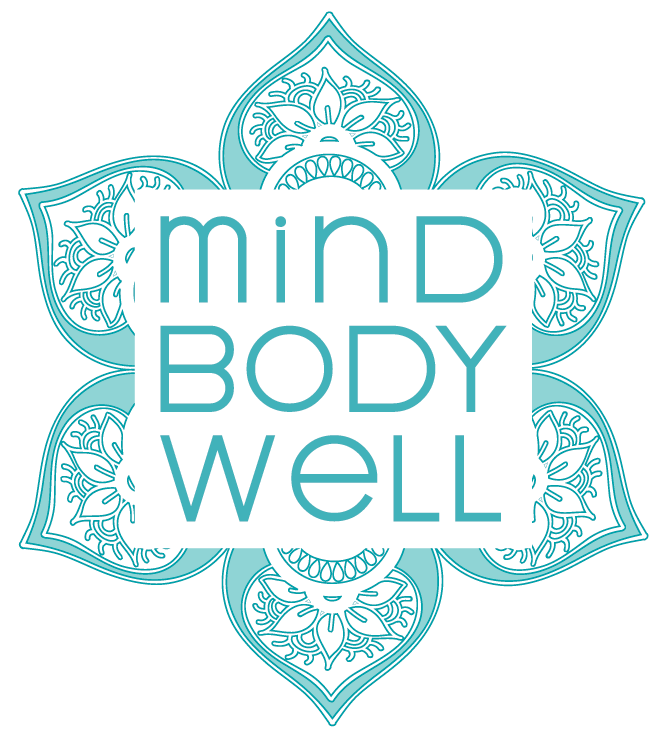Anxiety
Anxiety is a multifaceted mental health condition that can manifest in various forms, affecting individuals differently. Recognising its diverse presentations is important for effective management and support.
The difference between anxiety and everyday worries
It is important to distinguish between normal, temporary worries and more problematic anxiety concerns. Experiencing stress, fear, or nervousness in response to life’s natural challenges is something we can all experience, and is not necessarily an indication of anxiety, as these feelings are typically short-lived and resolve once the stressful situation passes. Anxiety disorders however involve persistent and often irrational fears that interfere with daily life. Unlike temporary worries, anxiety disorders can sometimes be overwhelming, long-lasting, and difficult to manage without personal support or professional assistance.
Different types of anxiety disorders
Generalised Anxiety Disorder (GAD): Characterised by persistent and intrusive worry about various aspects of daily life, often without a specific cause or focus.
Panic disorder: Involves recurrent, unexpected ‘panic attacks’ – sudden periods of intense and overwhelming fear which can involve heart palpitations, sweating, and feelings of impending doom or terror
Social anxiety disorder: Marked by overwhelming anxiety and excessive self-consciousness or nervousness in social situations
Specific Phobias: Intense fear of specific objects or situations. Common examples include heights, animals, or flying, but can present in many varied ways
Obsessive-Compulsive Disorder (OCD): Characterised by unwanted, intrusive thoughts (obsessions) and repetitive behaviours (compulsions).
Post-Traumatic Stress Disorder (PTSD): Develops after exposure to a traumatic event, leading to repeated intense mental re-experiencing of the trauma, with flashbacks, nightmares, and significant anxiety
Common symptoms of Anxiety
Emotional symptoms
Feelings of apprehension, dread, or being on edge
Physical symptoms
Increased heart rate, sweating, trembling, dizziness, and gastrointestinal issues
Cognitive symptoms
Difficulty concentrating, racing thoughts, and excessive worry
Psychological therapy for anxiety
There are a number of evidence-based approaches to psychological therapy for anxiety, and the use of these will vary depending on the training of Psychologist and the needs of the client. Common approaches include:
Cognitive Behavioural Therapy (CBT)
Cognitive Behavioural Therapy (CBT) is widely recognised for its effectiveness in treating anxiety disorders. It’s a structured, goal-oriented therapy that helps individuals identify and challenge problematic thought patterns contributing to anxiety. CBT involves learning practical skills to manage anxious thoughts and behaviours through techniques such as cognitive restructuring and exposure therapy.
Exposure therapy
A specialised form of CBT that gradually exposes individuals to anxiety-inducing situations in a safe and controlled manner, helping them build resilience and reduce avoidance behaviours.
Acceptance and commitment therapy (ACT)
This therapy encourages individuals to accept their anxious thoughts rather than fighting them, using mindfulness techniques and value-driven actions to improve overall well-being.
Dialectical Behaviour Therapy (DBT)
Originally developed for borderline personality disorder, DBT includes mindfulness and distress tolerance techniques that can be beneficial for managing intense anxiety.
Other potential approaches for anxiety
Medication
In some cases, medications such as antidepressants or anxiolytics may be prescribed by treating Doctors or Psychiatrists. If medication is considered necessary, it’s usually prescribed alongside psychological therapy.
Lifestyle modifications:
Enjoyable physical activity
Engaging in gentle and enjoyable physical activity can help reduce anxiety symptoms
Mindfulness and meditation
Practices that promote present-moment awareness can alleviate anxious thoughts, and train the mind to focus on other, more helpful ways of thinking
Adequate sleep
Establishing a regular sleep routine is extremely important for mental health. This can be a cause-and-effect issue as anxious thoughts can also impact on sleep, so this is an important issue to discuss with your health professional team
Connecting to your supports
Connecting with friends, family, or support groups provides emotional assistance and can help disrupt thoughts and behaviours that may be central to an anxiety disorder.
The role of Dietitians in supporting people with anxiety
Dietitians can also play a very helpful role in supporting people with anxiety concerns, by focusing on regular and adequate eating patterns. Nutritional stability is extremely important for mood regulation, energy levels, and overall mental well-being. Dietitians may focus on:
- Regular eating: Eating at regular intervals throughout the day helps maintain blood sugar levels, which can prevent mood swings and reduce anxiety-related symptoms
- Avoiding restrictive dieting: Skipping meals or following restrictive diets can lead to nutrient deficiencies, exacerbating anxiety symptoms. This is also problematic due to the worry and preoccupation with dieting which can increase anxious thoughts
- Adequate nutrition: Incorporating a variety of nutrients including proteins, fats, and carbohydrates helps sustain energy levels and supports brain function
- Hydration: Proper hydration is key to cognitive function and overall mood. Dehydration can lead to fatigue and heightened anxiety symptoms
Professional support
If anxiety significantly impacts daily functioning, seeking professional help is advisable. The Psychologists on our team can offer tailored treatment to address your individual needs. Dietitians can also assist with regular and adequate nutrition, which is an important aspect of mood management and good mental health. Therapy, combined with medication if necessary, can be highly effective in managing anxiety disorders and improving quality of life.
Or complete our NEW CLIENTS intake form
